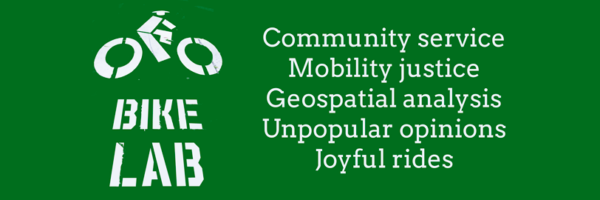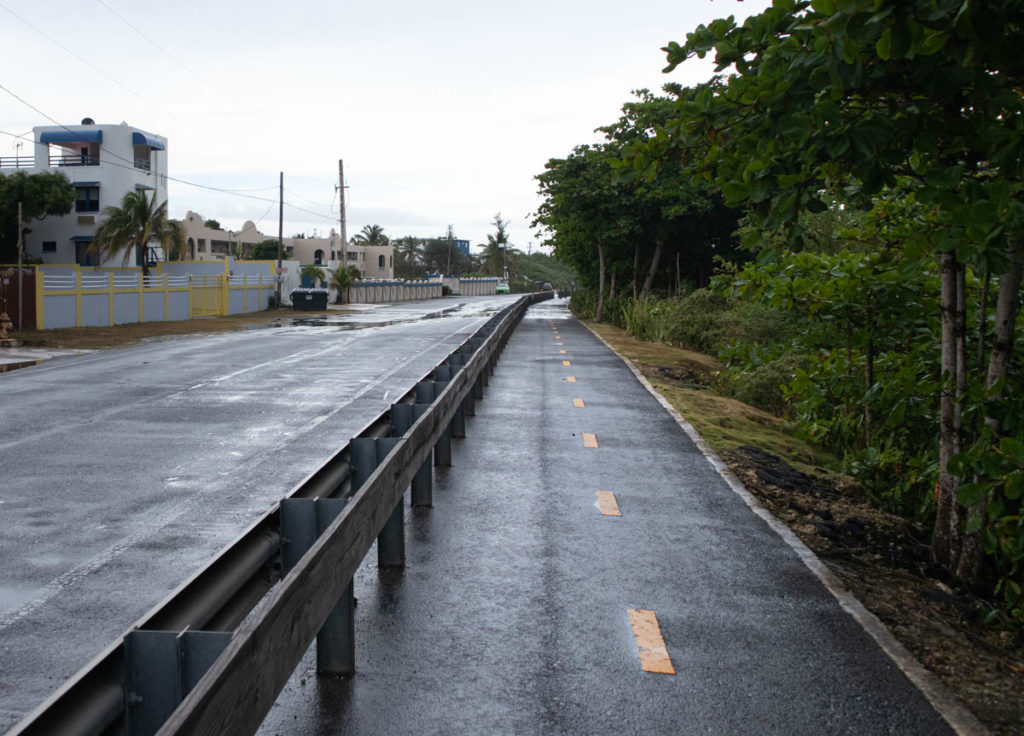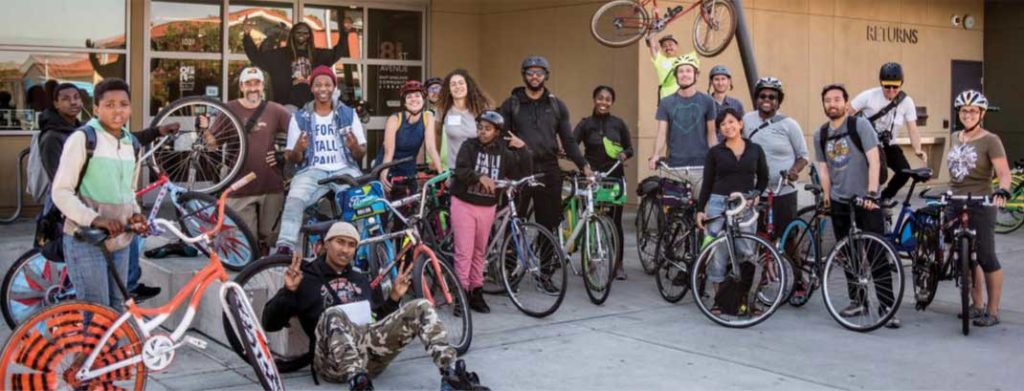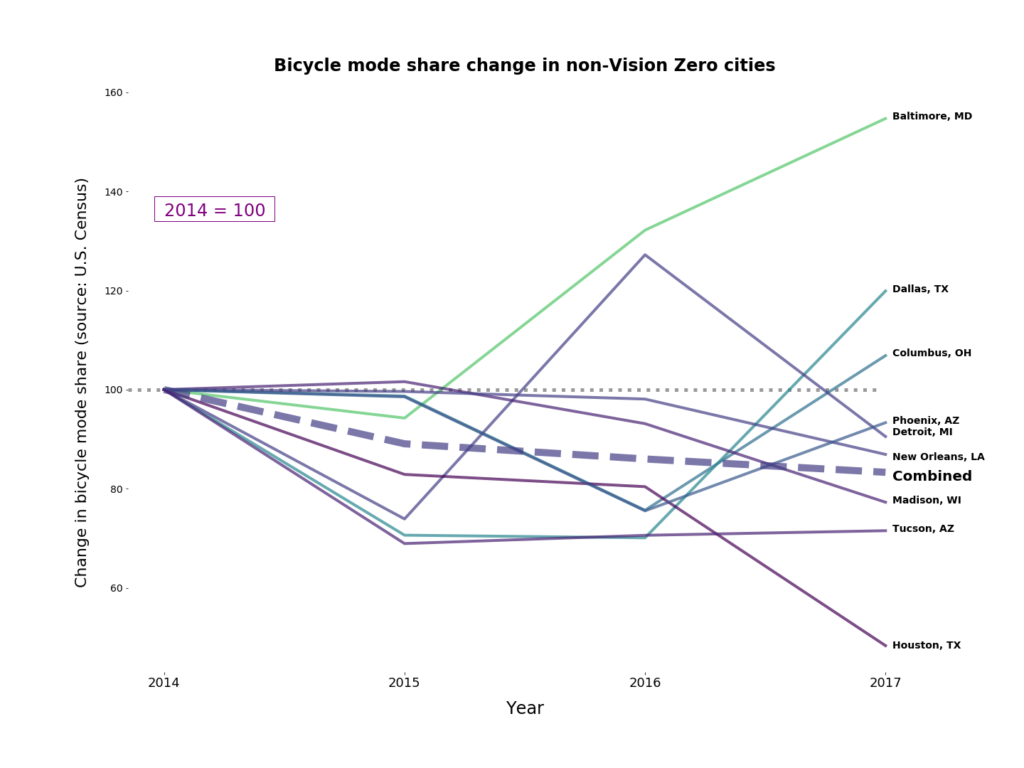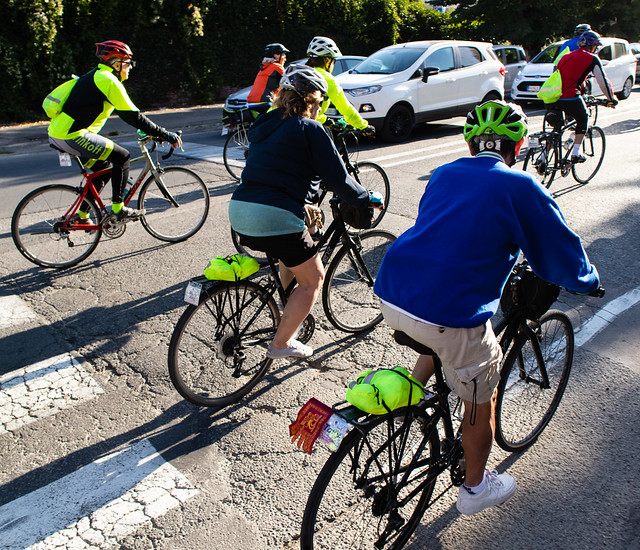Non-cycling culture
I recently visited a friend in Puerto Rico, my first time on the island. I was surprised at just how pervasive car culture is there; public transit is virtually non-existent (there aren’t even inter-city buses), as is biking for transport. Our friends own a decent car, and were proud to drive us around the town and to tourist destinations on the coasts. When we’d suggest that we might walk the quarter-mile into town, or wander the streets of Ponce or Isabela, they were genuinely mystified. Why would you do that? We have a car, we can drive you!
